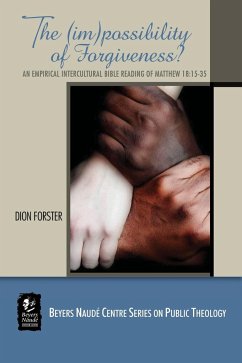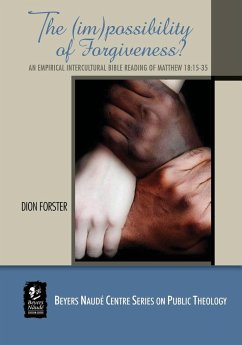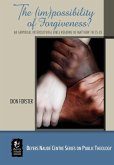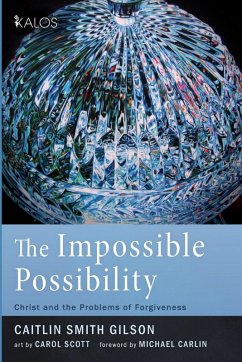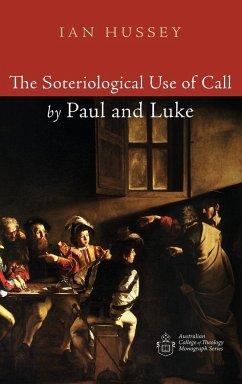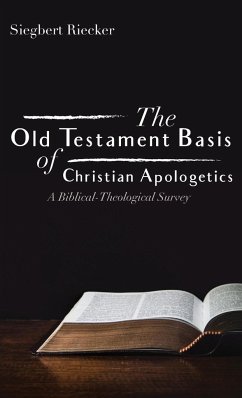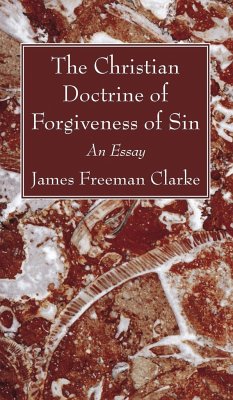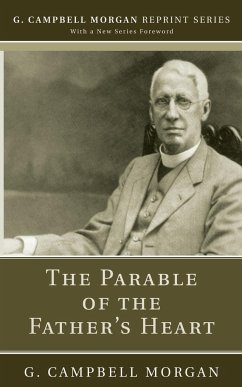The findings from this study go beyond biblical-theological scholarship on forgiveness. Dion Forster boldly succeeds in showing that creating conditions for deeper human connection transforms impossibility into possibility and shines a light on the face of the Other, who can now be forgiven. --Pumla Gobodo-Madikizela, Professor and Research Chair of Historical Trauma and Transformation, Stellenbosch University Dion Forster refuses to accept the conclusion that understandings of forgiveness may be so different and complex across social, racial and cultural groups in South Africa that actual forgiveness may be impossible. Using Matthew 18:15-35 as a meeting ground, he gathers ordinary Methodist Christians for cross cultural, intergroup Bible reading. He draws upon the philosophical integral theory of Ken Wilber, the insights of intergroup contact theory and the methods of critical biblical exegesis to organize, analyse and understand this encounter. What emerges is a hopeful conclusion that differing conceptions of forgiveness - its challenges and possibilities - can be understood, shared and perhaps, actualized across social, racial and cultural barriers. --Bruce C. Birch, Dean and Professor of Biblical Theology, Wesley Theological Seminary Reading Dion Forster on the (im)possibility of forgiveness, I was once again struck by our desperate need to learn more about ourselves and one another, but also about the meaning of forgiveness in our respective communities. This is an excellent example of the potential of Intercultural Bible Reading. Forster not only makes an outstanding academic contribution with implications for New Testament studies, Systematic and Public Theology, but also for flesh and blood communities wrestling with the possibilities and perils of forgiveness. --Juliana Claassens, Professor of Old Testament Studies and Head of Department, Chair of the Gender Unit, Stellenbosch University This book deals with contested and topical matters. Biblical hermeneutics has always been contested - how to read and understand Biblical passages. Things become even more contested when such passages are read inter-culturally; they become even more contested when the words are about contested personal and social issues, like Jesus' words on forgiveness in Matthew 18. Empirical studies like this show how deeply contested such readings truly are in the context of South African churches, with their painful histories of division and conflict. Future academic work will, therefore, benefit from the creative and careful methodological approach developed in this study. However, this book offers much more than academic promise - precisely because of the theme, so topical today and without doubt topical for a long time to come and in many other places in our contemporary world as well. Forster offers resources for reading and conversation for everyone concerned with public life today. This is public theology in action, showing how faith matters - without prescribing answers, but rather by invitation to join an informed discussion. --Dirk J Smit, The Rimmer and Ruth deVries Professor of Reformed Theology and Public Life, Princeton Theological Seminary
Hinweis: Dieser Artikel kann nur an eine deutsche Lieferadresse ausgeliefert werden.
Hinweis: Dieser Artikel kann nur an eine deutsche Lieferadresse ausgeliefert werden.

